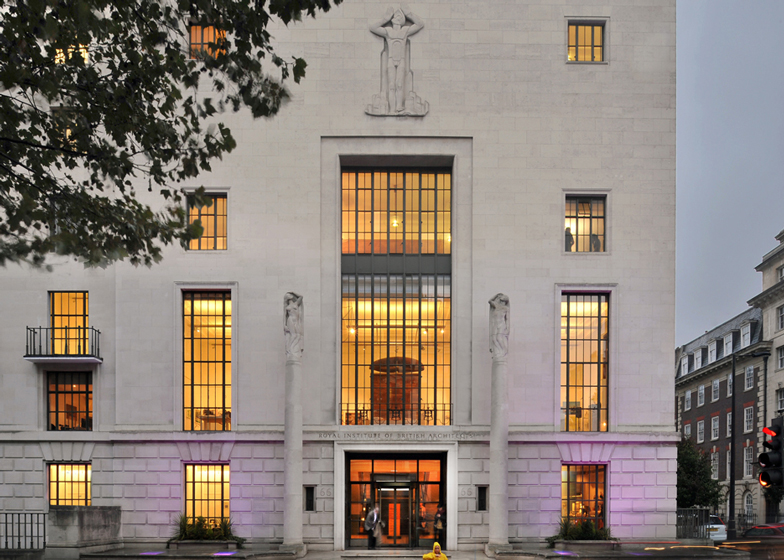Brexit crisis: the Royal Institute of British Architects has drawn up a list of demands for the UK government, including freedom of movement and national investment, to help architects deliver economic growth when the country leaves the European Union.
In a report released today, entitled RIBA Brexit Policy Briefing, the organisation has called for a series of conditions to be implemented to protect the industry in the wake of the EU referendum result.
Demands include freedom of movement for architects and construction workers, access to research funding, national investment in infrastructure, and a reform of project procurement.
According to RIBA President Jane Duncan, these conditions will make it possible for architects to maintain economic growth without compromising on design quality.
"UK architecture is a flexible and innovative profession," she said.
"With the right actions taken to address the challenges and exploit the opportunities we've outlined today, I'm confident UK architects can deliver strong economic growth, and the buildings and spaces that meet the needs of our communities."
The report is divided up into two sections, outlining five challenges and five opportunities. These encompass 17 policy recommendations, which cover areas including education, investment, employment, trade and regulation.
The first challenge listed is to "maintain the strength of the architectural sector", which contributed £4.33 billion to the UK economy in 2014.
"The government and the Bank of England must provide greater certainty for investors, particularly around national investment plans relating to infrastructure and housing, and around regional growth, in the absence of EU funding," states the report.
Other challenges identified include the free movement of skills and services, as well as maintaining EU product supply and the ability to specify product standards.
"If the UK government opts for different product standards, this would not only impact our members' businesses directly, but also indirectly – affecting how overseas technology companies view the UK market," it reads.
"To promote business within the UK and the export market, common product standards must prevail."
Research funding is also a key concern. According to the report, the UK contributed €5.4 billion (£4.52 billion) to the EU research budget between 2007 and 2013, and received approximately €8.8 billion (£7.37 billion) of direct funding in return.
The RIBA proposes forging partnerships to continue research projects including the Resilient Infrastructures and Building Security study, which looks at how buildings can protect against terrorist attacks.
The first opportunity listed looks at the possibility of establishing new trade agreements with non-EU trading partners.
"In the spirit of establishing the strongest possible links with partners outside the EU, there is an opportunity to strengthen existing partnerships and build new ones with emerging research and science nations," it states.
"There is further opportunity in supporting cutting-edge research that addresses the challenges faced by developing countries through engaging in bilateral and multilateral initiatives."
Other opportunities outline include setting new targets for national and regional investment, with a particularly focus on the region billed to become the "Northern Powerhouse".
The RIBA also wants to improve the "quality and overall value" of the UK's procurement policy, and to reduce taxation on goods and services that promote sustainability in the renovation of existing buildings.
"Leaving the EU opens up opportunities for the UK to reduce VAT rates on goods and services. This would provide a welcome stimulus to the design and construction sector," it adds.
The full report is available to download from the RIBA's website.
The UK voted 51.9 per cent in favour of a British exit from the European Union and 48.9 per cent to remain at a referendum on Thursday 23 June 2016.
Leading UK architects and designers voted overwhelmingly to remain, according to a straw poll conducted by Dezeen.
Since then, we have conducted our own Brexit Design Summit, to formulate ways that the design sector can help ensure the UK's departure from the EU causes minimal disruption to businesses and employees.
We will report more of the topics that emerged over the coming days.

